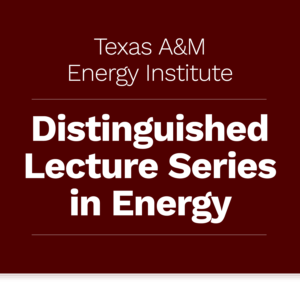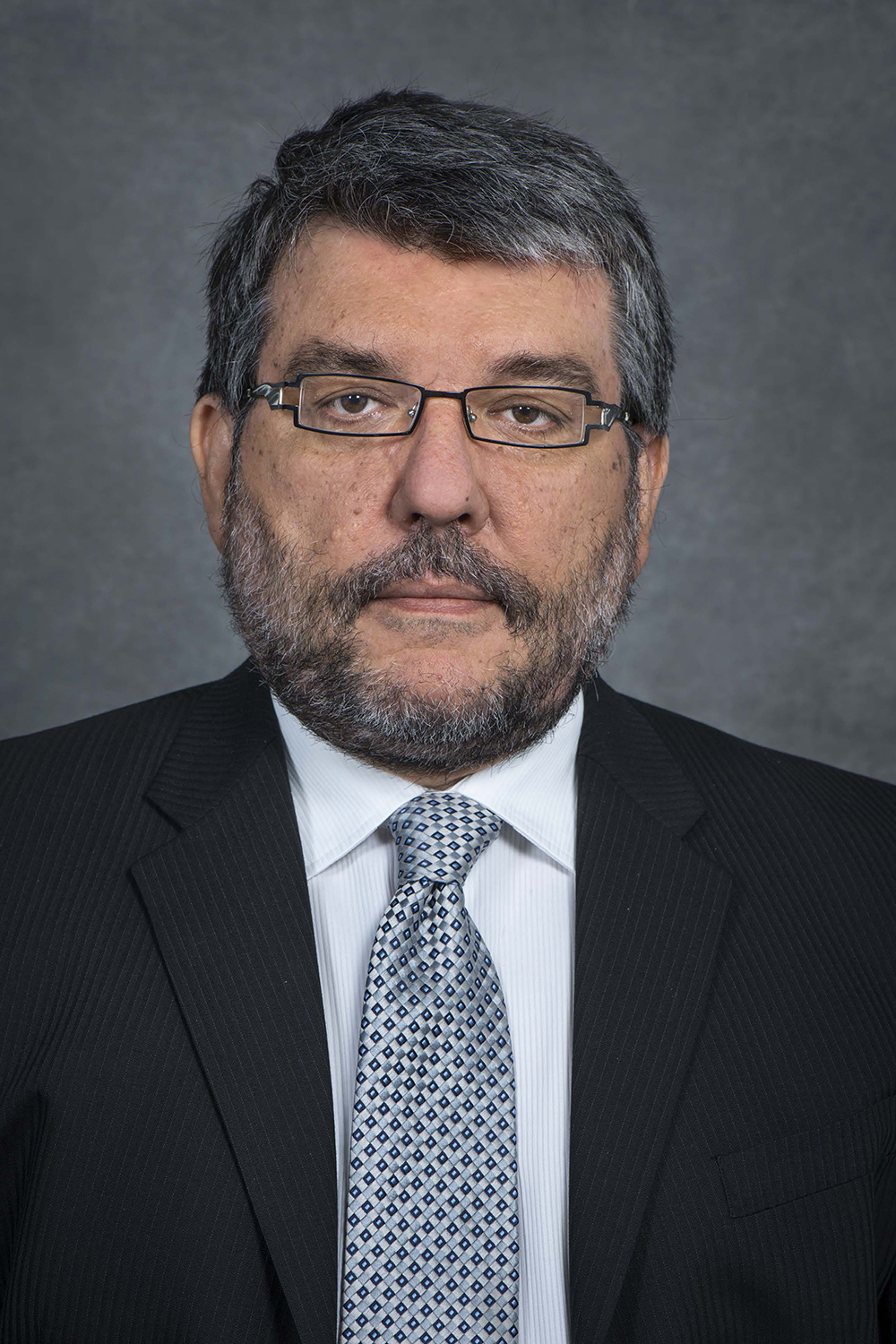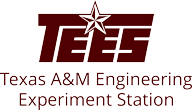Practical Aspects and Implications of Long-Term CO2 Sequestration in Saline Aquifers Using Vertical Wells

The next presentation in the Distinguished Lecture Series in Energy, featuring Dr. George Moridis, the Robert L. Whiting Chair in Petroleum Engineering at Texas A&M University, will be held on Wednesday, March 6, 2024, from 11:00 a.m. – 12:00 p.m. CST (UTC -6:00) in the Frederick E. Giesecke Engineering Research Building (GERB) Third Floor Conference Room and through a Zoom Meeting. The topic will be “Practical Aspects and Implications of Long-Term CO2 Sequestration in Saline Aquifers Using Vertical Wells.”
Abstract
The primary objective of this work is (a) to analyze the impact of salinity on the attempt to sequester CO2 in saline aquifers by means of vertical wells over long times—covering both the early short injection period and the subsequent long ‘rest’ period of inactivity—by determining its effect on key well and aquifer properties, conditions and rates of mass and heat transport, and (b) to investigate possible methods to mitigate the problems caused by salt precipitation (halite). We use a widely used numerical simulator that accounts for all the multiphase flow and transport processes associated with CO2 sequestration, including halite precipitation. The non-isothermal simulations use a high-definition cylindrical grid with radial subdivisions small as 0.01 m in the vicinity of the well to accurately capture the critically importance effect of halite precipitation (the evolution and impact of which may be eluded when using coarser grids). Using two different well configurations of vertical wells, we inject CO2 at realistic rates into aquifers with varying salinity levels until a geomechanically safe maximum pressure is attained, and allow the system to rest for 100 yrs. During the entire simulation period, we monitor the evolutions of (a) pressures and temperatures in the near-well region and the entire aquifer and (b) of mass and heat losses through the overburden. Additionally, we investigate possible methods to alleviate injectability problems caused by halite precipitation. The study shows that (a) wells completed in the entire aquifer depth are more effective in low-salinity aquifers, but shorter wells completed at the base of the aquifer are superior in high-salinity cases, (b) the storage potential of CO2 dissolved in the aqueous phase is limited (both in terms of the magnitude of the dissolved concentration and its spatial extent), and its benefit decreases rapidly with increasing salinity, (c) salinity can have pronounced adverse effects on the well injectivity, as halite precipitation can cause severe blockage in the vicinity of the well and a rapid rise of the near well pressure to geomechanically unsafe levels, thus potentially reducing the usefulness of an aquifer as a CO2 storage facility and (d) the mitigation of the effects of precipitated halite in the well vicinity is possible, but may be a challenging endeavor.
Biography

George Moridis is a Professor of Petroleum Engineering and holder of the Robert L. Whiting Chair in Unconventional Resources at Texas A&M University, which he joined in October 2016. Before that, he was a Senior Scientist and the Head of the Hydrocarbon Resource Program in the Energy Geosciences Division of the Lawrence Berkeley National Laboratory (LBNL, which he joined in 1991), was in charge of the LBNL research programs on unconventional resources (hydrates, tight/shale gas and oil), and lead the development of the new generation of LBNL simulation codes of coupled flow, thermal, geomechanical and geophysical processes. Moridis is still a Senior Scientist/Faculty Associate at LBNL and held the 2015-2018 ExxonMobil Visiting Professor Chair in the Chemical and Biomolecular Engineering Dept. of the National University of Singapore. Additionally, he is a visiting professor at the Guangzhou Center for Gas Hydrate Research of the Chinese Academy of Sciences, and an adjunct professor in the Chemical Engineering Dept. at the Colorado School of Mines and in the Petroleum and Natural Gas Engineering Dept. of the Middle East Technical University, Ankara, Turkey.
Moridis has a BSc (1979) and MEn (1980) from the National Technical University of Athens, Greece, and a MSc (1982) and PhD (1986) from Texas A&M University. He is the author or coauthor of over 125 papers in peer-reviewed journals, 7 book chapters, 3 patents, and more than 250 LBNL reports and conference papers. As of July 15, 2023, he has more than 18,700 citations (Google Scholar). He was a Distinguished Lecturer of the Society of Petroleum Engineers (SPE) for 2009–10, has been an SPE Distinguished Member since 2010, and became an SPE Honorary Member (the highest award reserved for 0.1% of SPE membership) in 2021. He received a Lifetime Achievement Award from the Scientific Committee of the 10th International Conference on Gas Hydrates in Singapore in July 2023. He is a member of the U.S. Secretary of Energy’s Methane Hydrate Advisory Committee since 2009, and the recipient of a 2011 Secretarial Honor Award – the highest non-monetary award of the U.S. Department of Energy – for his work on the Deepwater Horizon Oil Spill Flow Rate Technical Group. He has also been an advisor to the Directorate General of Hydrocarbons of the Ministry of Petroleum and Natural Gas of the Government of India since 2016, and to SINOPEC (the second-largest petroleum company of China) since 2013. He is on the editorial board of three scientific journals, an Associate Editor of four scientific journals, and a reviewer for 26 scientific publications.

